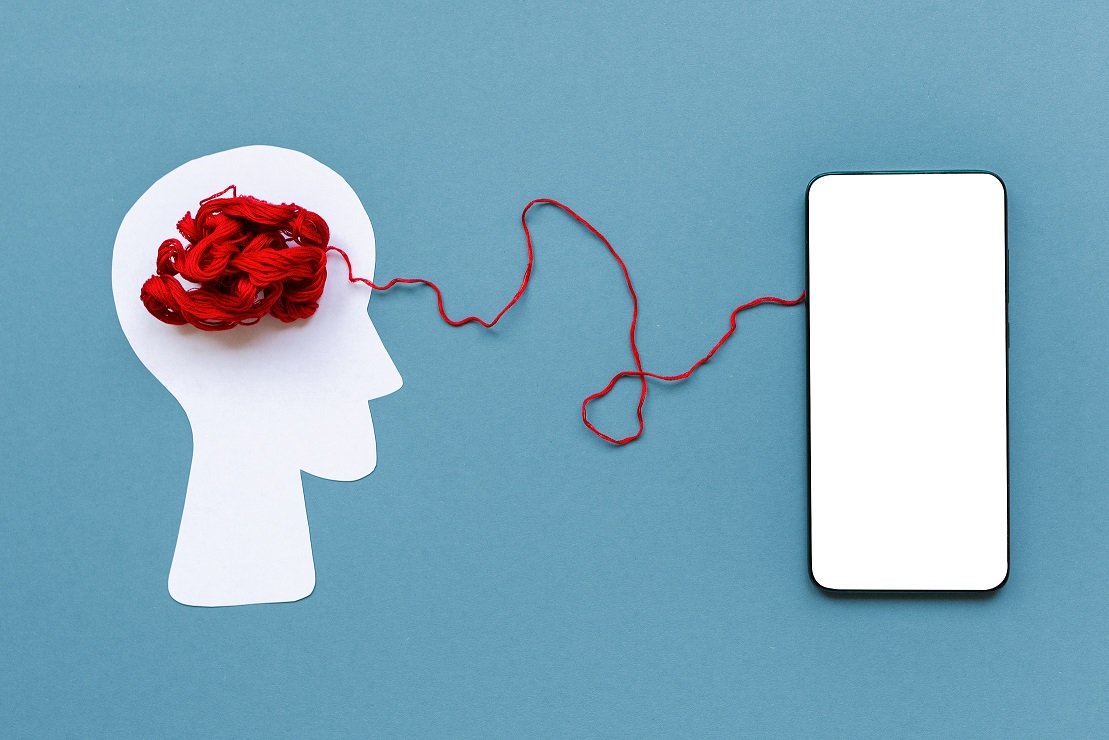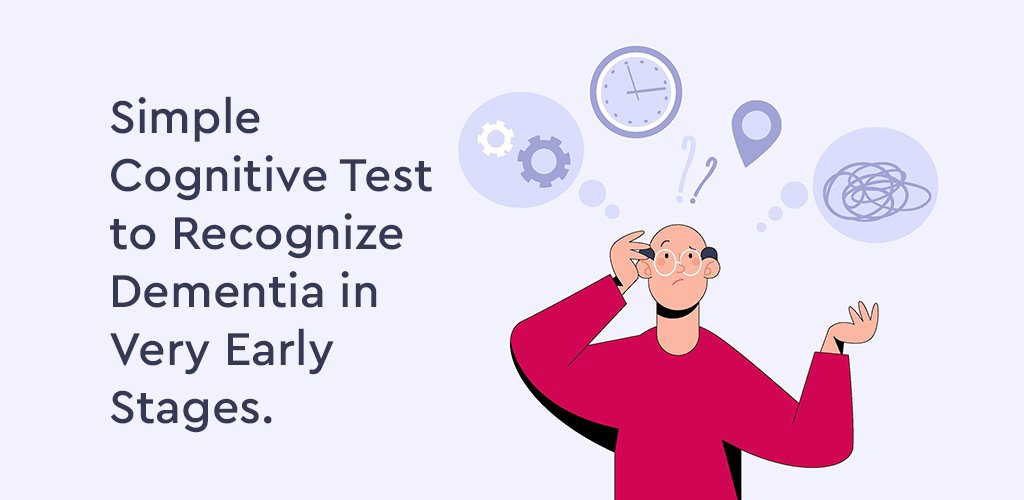
Mobile Support for Dementia: Introducing Apps for Improved Care
Assistive technology, including mobile apps, significantly enhances wellbeing, independence, and autonomy, empowering individuals with dementia to live independently for longer. Moreover, telehealth technology provides comprehensive support, benefiting both individuals with dementia and their caregivers. Through telehealth, community dementia care is enhanced by offering education, consultation, therapy, social support, and clinical care, all accessible remotely. Additionally, mobile apps specifically designed for dementia care offer tools for managing daily tasks, memory aids, and mood monitoring, further supporting independence. By addressing altered and inappropriate behavior, these technologies collectively improve the dementia care experience, fostering a more supportive and inclusive environment
Mobile applications, increasingly popular, offer support services like information resources, emotional and psychological aid, decision support, and medication information. They excel in financial and geographical accessibility, overcoming traditional care barriers. In healthcare institutions, mobile apps improve care quality and elevate caregivers’ practices.
In this article we introduce mobile apps which help slow cognitive decline while providing entertainment, mental stimulation and increased independence.

Contents
MindMate
This app is a health and wellness app that offers over 1 million people worldwide workout routines, mental exercises and healthy recipes to keep their bodies and minds in shape. MindMate is based on world-leading science and exercises the brain with fun and interactive games designed to challenge speed, memory, problem-solving, and attention.
Lumosity
Lumosity is a popular brain training program offering exercises for memory, flexibility, and other cognitive skills. Designed for all ages and skill levels, Lumosity adapts to individual strengths and weaknesses. The app features engaging games that train memory, attention, problem-solving, and processing speed, along with detailed insights and feedback on cognitive performance.
BrainTrack
Brain Track is a free app that helps users monitor and understand changes in cognition over time, facilitating conversations with their GP. It addresses common concerns by providing brain health information through fun, travel-themed games that test cognition.
https://www.dementia.org.au/braintrack

Living Maples
Living Maple is using our smartphones to reduce the triggers of Alzheimer’s by developing healthy habits, engaging in activities that increase brain activity, and monitoring cognitive function. This includes some apps and games:
Witty Words
Witty Words is a word game specifically designed for seniors, aiming to keep their minds sharp, entertained, and protected from Alzheimer’s and dementia. Moreover, its beautiful landscape themes and discovery of new words make it a delightful experience. Furthermore, Witty Words boasts stunning landscape themes and novel words that enhance problem-solving skills and provide entertainment. In addition, the game encourages brain training, enabling senior adults to have fun, explore, and age healthily. Consequently, by playing Witty Words, seniors can challenge their minds, earn points, and collect achievements. Ultimately, the game is tailored for older adults, ensuring they remain engaged, never bored, and continuously improving their vocabulary and brain functions.
Smart Pill Reminder
Smart Pill Reminder is an easy-to-use medication tracker specifically designed for seniors, making it effortless for them to use and accessible through the program, with reprogramming options tailored for the elderly. Moreover, you can schedule your pills to coincide with your meals or set a specific time. Additionally, the app allows you to take pictures of your medications, including meds, tablets, capsules, drops, solutions, and injections. Furthermore, you can set reminders for all your medications using this app. Notably, the font is designed to be readable, making the app effective for older adults with vision problems. Finally, the alarm is loud enough to ensure you never miss a dose.
Stroop Test
The Stroop test reveals an increased susceptibility to age-related cognitive decline. Older adults show slower response times in the Stroop test. The Stroop test holds significant implications for understanding human information processing and our capacity to override intuitive, rapid thinking.
https://livingmaples.com/stroop-test/
Mini Mental State Examination Test (MMSE)
The Mini-Mental State Examination involves 11 questions that check for thinking, communication, understanding, and memory impairments. Specifically, the MMSE assesses six areas of mental abilities: Orientation of time and place, Attention and concentration, Short-term memory recall, Language skills, Visuospatial abilities, Ability to understand and follow instructions.

Final Word
Smartphones, tablets, and laptops are increasingly popular, enabling mobile support for dementia. Mobile technology offers valuable support for people with dementia. m-Health reduces stress and improves wellbeing, crucial for quality care. Mobile devices and m-Health provide access to enhancing care tools and resources.
Author: Nasibeh Sarami
Living Maples’ Cognitive Assessment Advisor
Geriatric Psychologist
